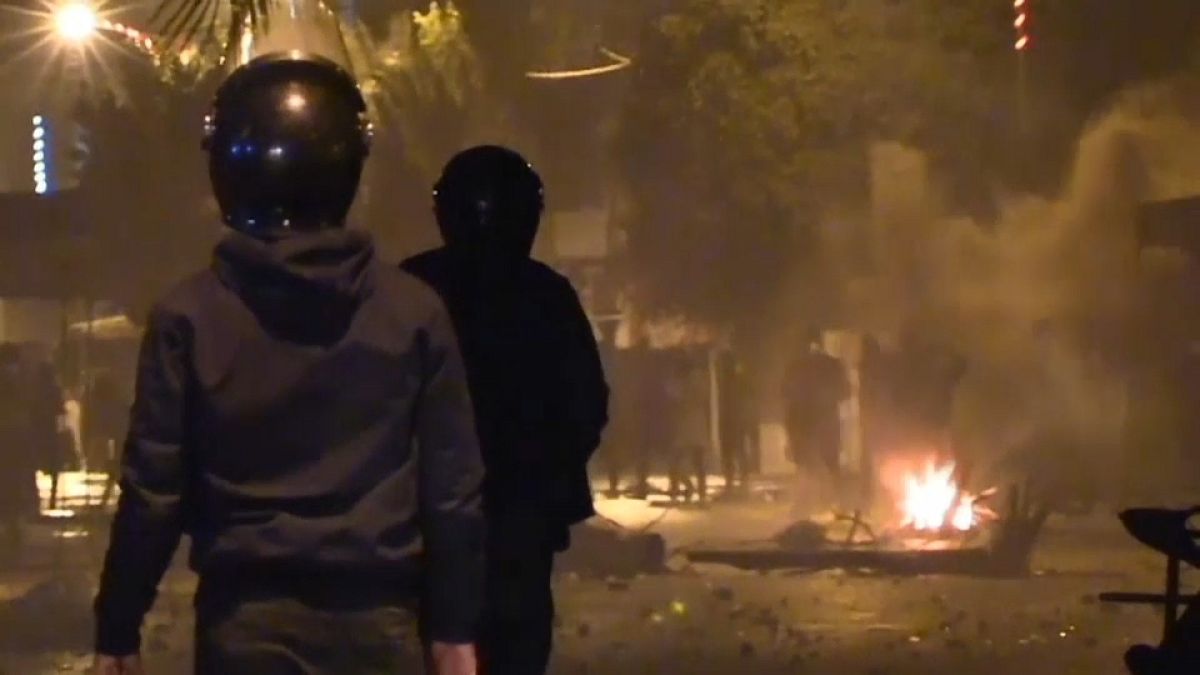The demonstrations in Siliana and other cities began after a video posted on social media showed a police officer shouting and pushing a shepherd whose sheep entered the local government headquarters.
Tunisian police clashed with demonstrators in Siliana as nationwide protests against the police and an economic crisis entered their second night.
Dozens of protesters built barricades and set fire to objects to block the streets of the city located about 130 kilometres from the capital Tunis.
The demonstrations in Siliana and other cities began on Friday after a video posted on social media showed a police officer shouting and pushing a shepherd whose sheep entered the local government headquarters.
Local media reported that there were also protests in Sousse, Nabeul, and in some neighbourhoods in Tunis.
A few days earlier, on Thursday 14 January, the country commemorated the 10th anniversary since the flight into exile of iron-fisted President Zine El Abidine Ben Ali, who was pushed from power in a popular revolt that foreshadowed pro-democracy uprisings, strife and civil war in the region during what became known as the Arab Spring.
But there were no festive celebrations marking the revolution in Tunisia.
The North African nation's government imposed a four-day lockdown starting Thursday to contain the coronavirus, banning demonstrations expected for that day.
Some citizens questioned the timing of the four-day lockdown.
The revolution was unwittingly sparked by a desperate act of a 26-year-old fruit seller, Mohammed Bouazizi, who set himself ablaze on December 17, 2010, to protest police humiliation in Sidi Bouzid, a town in Tunisia's neglected interior of the nation.
Bouazizi's death unleashed simmering discontent and mass demonstrations against poverty, joblessness and repression.
That popular unrest ricocheted beyond Tunisia, triggering the Arab Spring uprisings and government crackdowns and civil wars
